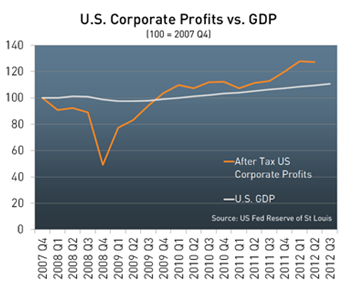Are You Ready for the Interview?
You want to work for the practice, they've seen your credentials and they've asked you in for an interview. You want the job. Here are some suggestions that will help you make sure your interview goes as well as possible.Preparing for the interview
Thorough preparation is critical. It is great for your confidence in the interview room and it leaves a very positive impression with the interviewers.- Get the logistics right. Time, location, interviewer's name and position title.
- Do your research. Find out as much as possible about the practice: size, scope, location of the office and any satellite locations, etc. The practice website should be a very good source. If the website includes a biographical sketch of the owner, be sure to research the organizations and institutes of which the owner is a member.
- Do some more research. Make sure you have key data in your head about your existing and most recent employers.
- Do even more research. Ask former co-workers to tell you about your professional traits. What did they most admire? Try to find some faults as well. This leaves you more prepared for questions such as "what are your greatest faults" or "if I were working with you ...".
- Prepare questions. The employer will be trying to work out whether you fit the available role. You should also take the opportunity to ensure that the practice is right for you.
- Practice (see below). Take time to run through some of your answers. Don't over-rehearse, but make sure that you are coming across confidently.
- Present yourself well. Find out what the office culture is regarding business dress. If in doubt, go more formal, not less formal. Make sure you are well groomed on the day.

What you should practice
When practicing for an interview, you should focus particularly on the way you answer questions.- Be descriptive. Don't just answer "yes" or "no" to questions. But also avoid "over-answering." Make your answers colorful but not lengthy.
- Sell yourself to the interviewer, but without exaggeration or telling lies. You are there to market yourself, "blow your own trumpet" and explain why you'd be right for the role. But don't come across as arrogant.
- Avoid making negative remarks about your current employer, or past employers or colleagues. This will only reflect on you in the interview.
- Be determined. Make it clear that you want to get the job, even if you are given information in the interview that sheds a new light on the role. Be positive, and then evaluate the opportunity again when you are away from the interview. Don't burn your bridges.
- Have positive body language, and maintain a good posture.
Contributed by Morgan Pace, Senior Account Executive/Dental Recruiter at ETS Dental. To find out more, call Morgan at (540) 491-9102 or visit us online at www.etsdental.com.

